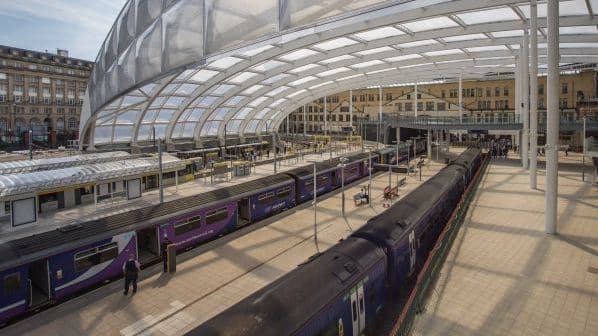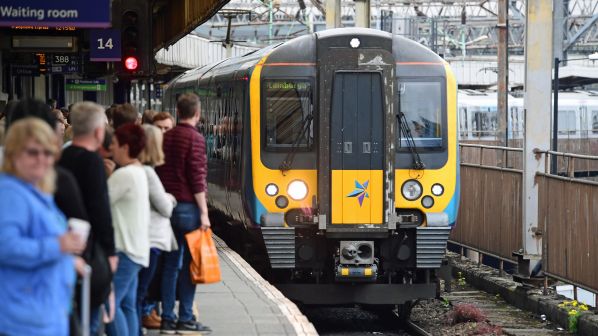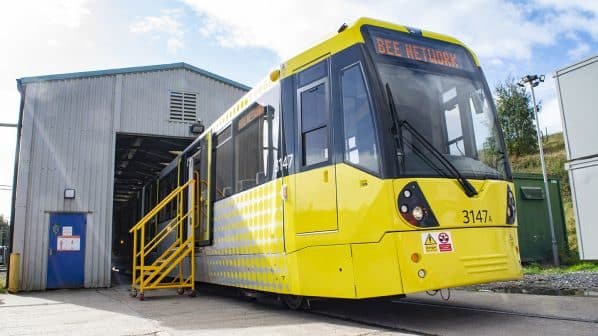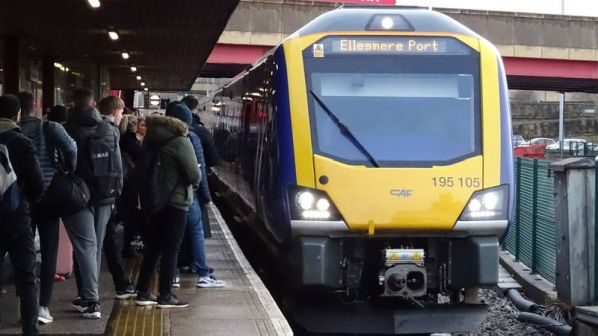GREATER Manchester’s mayor, Mr Andy Burnham, has hailed the city region’s latest devolution deal with the British government as its most significant yet, with public transport forming one crucial policy area in which the local authority has secured greater powers.
The devolution deal grants local decision-makers additional powers, new financial freedoms and new accountability arrangements. One significant transport breakthrough is gaining more influence over regional rail services as part of a Greater Manchester strategy to deliver a “London-style integrated public transport system,” known as the Bee Network by 2030.
The Bee Network (named after the worker bee emblem used to represent Manchester as a hive of industry) will see buses being taken back into public control and services integrated from 2023, then integration being extended to include the light rail network from 2024 and also the region’s commuter trains by 2030. This aims to transform how people travel in and around Greater Manchester and with walking and cycling routes also being incorporated to allow “seamless end-to-end journeys.”
Another part of the initiative will be to ensure the overall transport network is easy to understand and offers good value to its users. The aim is that by 2030 there will be a system similar to Transport for London’s (TfL) Oyster, and contactless integrated ticketing allowing multiple journeys across Metrolink light rail, commuter rail, bus and cycle hire services, all of which will be branded as one network.
It is hoped that the rail aspect will be taken forward via a partnership agreement with the future Great British Railways (GBR), with the first pilots on integrated fares and ticketing agreed by the end of the year.
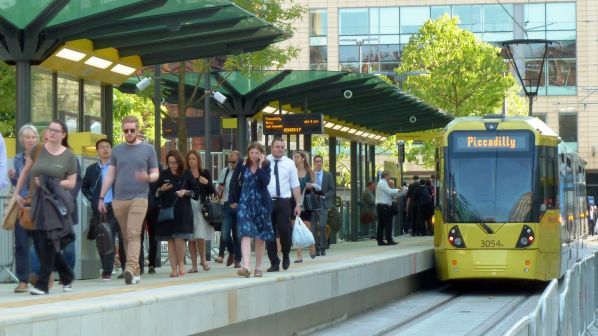
The devolution deal also allows Greater Manchester to have greater input into the running of the region’s railway stations, service and strategic infrastructure investment with the creation of the North West Regional Business Unit and Greater Manchester Rail Board. This will enable the Greater Manchester Combined Authority (GMCA) to improve local scrutiny of rail service performance, help shape future service integration with the Bee Network and support the best possible public transport experience for users.
“World class safety and customer experience standards will be delivered across bus, tram, rail, taxi and private hire, supported with real-time passenger information and audio-visual announcements,” says Transport for Greater Manchester (TfGM). “We secured a £1bn government funding package, supported by £170m in local contributions, meaning around £1.2bn of transport investment in local roads, bus, train and tram services over the next five years.”
